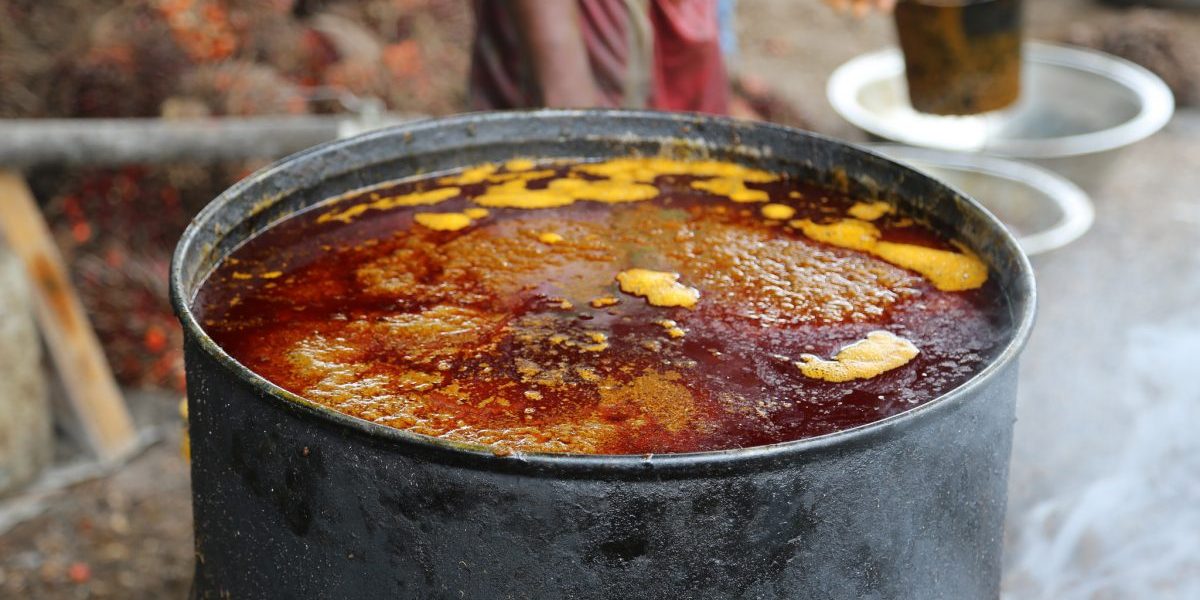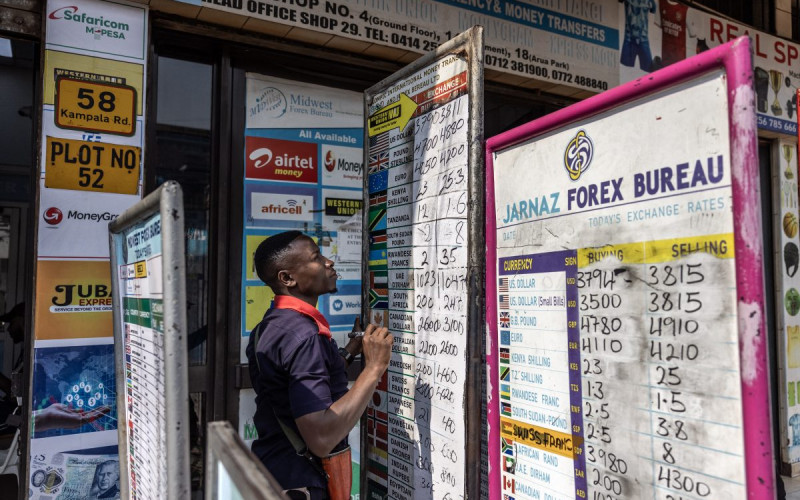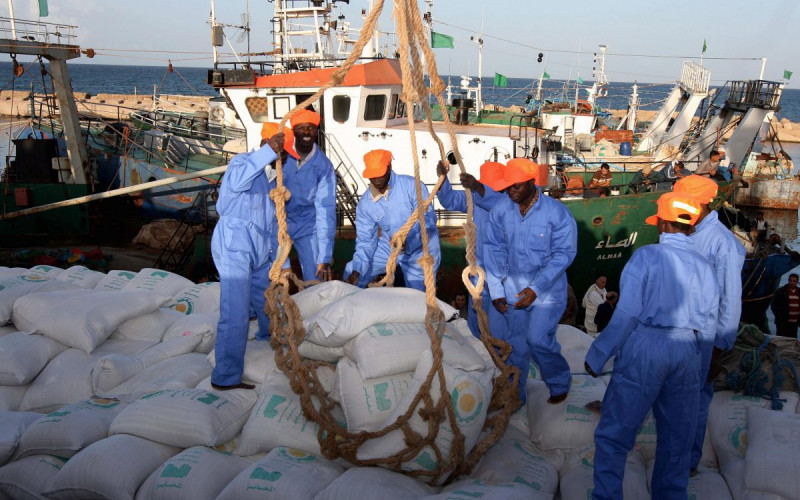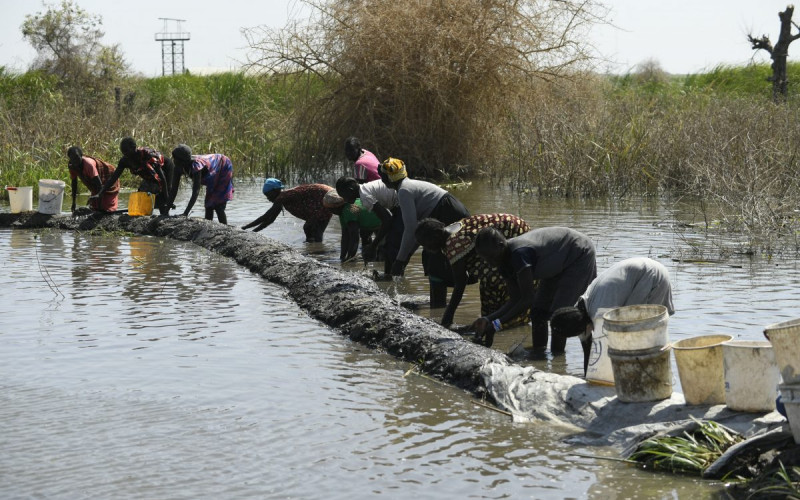The oil price surge of the past year-and-a-half has failed to derail economic recovery in Africa, even in poor landlocked countries that rely on imported energy. That is the message from research by the International Monetary Fund, which has been assessing prospects for sub-Saharan economies.
For the better managed countries in Africa, this oil price shock is now one of a range of factors affecting economic performance, but it does not have the devastating impact that would have been likely a decade ago.
The continent’s oil exporters have benefited from a revenue boom, allowing them to consolidate their finances and reduce debt arrears. At the same time, strong overall economic growth has helped most African oil importers withstand the increased cost of oil, as the continent appears to reap the benefits of the more rigorous monetary policies and budget controls they have introduced over the past decade.
Over the two years from January 2003, world crude prices rose by about 50%. The rise was sharpest last year when prices averaged $38 a barrel, compared with $29 the year before.
Yet the damage to Africa has been much less than feared. The IMF puts the extra cost of oil imports at less than 2% of GDP for most countries.
The World Bank estimates the average cost at 1.6% of GDP for sub-Saharan Africa, excluding South Africa. But prices for many of their non-oil commodity exports also rose, partly offsetting the damage, easing the net negative impact on trade balances to just 1% of GDP.
‘Whilst we estimate that the impact of high oil prices could cost sub-Saharan oil importing countries as much as a percentage point of GDP, their growth remains strong, averaging 4.1% in 2004 in real terms – which translates into 1.9% growth in average per capita income in real terms. And that represents a substantial improvement in their performance over the 1980s and 1990s,’ says Andrew Burns, senior economist in the World Bank’s global trends team.
‘Indeed, only 12% of 49 sub-Saharan African countries are seeing total national GDP growing by less than 3% a year – and some 15 are seeing growth at more than 5% in real terms.’
The oil-price impact on the 15 countries in the French-speaking CFA franc zone was further diluted because their currencies are directly linked to the euro. International oil prices are set in dollars, but the value of the euro and thus the CFA currencies rose 30% against the dollar from 2003 to 2004. For the CFA zone, a strong exchange rate also had disadvantages, undermining export competitiveness.
While $50 a barrel oil has not caused hyperinflation or crumbling currencies, it has affected some individual sectors, with knock-on effects on growth, income and competitiveness, especially in small industries and the informal sector. More expensive fuel has pushed up the cost of electricity generation, but the most significant impact has been on transport costs. For micro-business, increased transport fares have been especially significant. And both exports and imports rely heavily on road transport and, for some industries, airfreight, which is affected by fuel prices.
Sound policies pay off
Another factor that has helped Africa cope with the oil price rise is the increased rigour many governments now apply in managing national finances, according to the IMF.
These disciplines have made fragile low-income economies more stable and resilient. Most countries contained the inflationary impact of higher oil costs and, in many, inflation actually declined in 2004.
‘As a general rule, African oil-importing countries have reacted sensibly to the rise in oil prices. Most governments have passed on the cost to consumers, by allowing the price of fuel in the domestic economy to rise in line with international trends, and in many cases pressures were also alleviated by the on-going fiscal consolidation efforts and exchange rate flexibility. Moreover, many sub-Saharan economies have managed to sustain a solid rate of real economic growth, helped by increases in the prices their own commodities fetched in world markets,’ says Robert Powell, an economist in the African Department at the IMF.
‘We expect that Africa will continue to cope with the further oil price rise forecast for 2005, although the policy response required may be greater because we are not projecting a further strong rise in international prices for Africa’s own non-oil exports.’
Despite the broadly positive picture, the rise in oil prices has imposed an uneven burden on Africa. Its effect has been harder on landlocked economies, which already had high transport costs. Benin, Niger, Burkina Faso, and Mali have all seen growth decline. But this is mainly the result of the crisis in the cotton market, and – for Mali and Burkina Faso – the disruption to transport routes caused by the conflict in Côte d’Ivoire.
Who’s benefitting from oil exports?
For Africa’s oil exporters, the price surge since 2004 has been a boon, allowing them to improve their fiscal positions and to reduce domestic and external payment arrears. Angola and Gabon were able to repay or refinance costly foreign loans. However, Africa’s main oil producers have traditionally failed to account fully for export revenues and have a poor record of distributing the proceeds widely or fairly to the population. Africa’s newest exporter, Chad, is under pressure from the World Bank to bolster transparency and set aside resources for the future. Chad deposited its extra oil revenue in a special stabilisation fund while Nigeria’s federal and state governments now operate a fiscal rule designed to ensure windfall revenues are set aside. Under new management at the finance ministry, Nigeria in 2003-4 avoided the surge in public spending and inflation which accompanied the oil price boom in the early 1990s.
However, fiscal prudence when the oil price is high is controversial in exporting countries where the public expect to see the benefits immediately.
Congo Republic’s former finance minister, Rigobert Roger Andely, ran into opposition from parliament when he sought to concentrate 2004’s windfall oil revenue mainly on paying off debts rather than domestic expenditure. He was recently moved to vice-governor of the regional central bank.
Having adjusted relatively well to $50-a-barrel oil prices, African countries should expect expensive energy to stay over the medium- to long-term because fossil fuel supplies are running low, say some pundits. The world extracts five times as much oil as is discovered each year, mature giant oil fields are being exhausted and Saudi Arabia’s vast reserves have been overstated, according to some estimates.
‘Oil is a sunset commodity on which we are overwhelmingly dependent. We cannot count on more cheap oil,’ said Richard Heinberg, author of The Party’s Over: Energy Resources and the Fate of Industrial Societies, on a recent visit to South Africa. He predicts big oil price spikes in the next five years and says Africa will have to get used to more expensive fuel.







